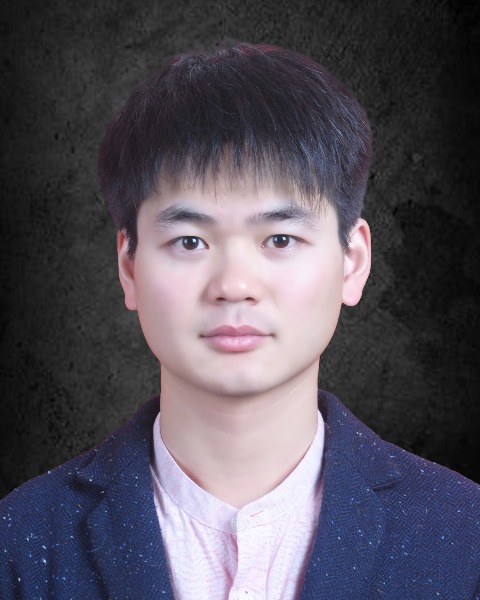Assay Development and Screening (Room 205ABC)
Bioengineered immunocompetent human leukemia chip to preclinically screen CAR T cell immunotherapy
Monday, February 5, 2024
11:00 AM - 11:30 AM EST
Room/Location: 205ABC
Sponsored By
.png)
.png)

Chao Ma, PhD
New York University, New York, United States
Abstract: Adoptive CD19 CAR (Chimeric Antigen Receptor) T-cell transfer has emerged as a successful FDA-approved therapy for relapsed and refractory pediatric B-cell acute lymphoblastic leukemia (B-ALL). However, with prolonged follow-up, a high relapse rate of 30~60% of CAR T-cell therapy remains a major issue that largely limits its clinical benefit. The ability to pre-clinically assess the functionality of CAR T-cells and dissect the CAR T-cell immunotherapy relapse mechanisms will be of great significance but challenging with current animal models. To fill the gap between animal studies and clinical translation, we herein established a 3D microfluidics-based, organotypic immunocompetent ‘Leukemia-on-a-Chip’ to deliver human relevant results of CAR T-cell immunotherapy before clinical administration. The 3D microfluidic device is composed of three distinct functional regions: a central sinus region vascularized network by endothelial cells, an inner ring region serves as a medullary cavity, an interface of multicellular interactions between leukemia cells, bone marrow stromal cells, and bone marrow mononuclear cells, and the outer ring channel as endosteal regions infused by osteoblasts and fibroblasts, connected with four media reservoirs, for cell culture media supplies and waste removal. The device was fabricated using standard soft lithography technique and all the cell types were embedded in a compartmentalized fibrin hydrogel to maintain 3D cell culture. Following on-chip culture for 1 week, our system reestablished a vascularized and immunocompetent leukemia microenvironment, mimicking the in vivo counterpart. Through on-chip real-time live cell imaging, comprehensive proteomic and secretomic profiling, and high-throughput single cell mRNA sequencing (scRNA-seq), we precisely captured systematical and spatiotemporal dynamics of CAR T cell treatment, ranging from T cell extravasation, immune activation, and T cell cytotoxicity to T cell killing, which are not readily to obtain from other in vitro and in vivo platforms. Also, we showcased the capability of our bioengineered leukemia chip to model the processes of different clinical outcomes such as leukemia resistance and relapse after CAR T cell therapy and mapped the underlying molecular and cellular changes. Finally, our bioengineered chip accurately validated functional performance of CAR T cell with different designs and generations of CAR and those produced from cancer patients and comprehensively delineated optimal CAR T cell products using a matrix-based analytical and functional index. This unique preclinical platform enables a new paradigm of clinical-on-a-trial, providing a precise, reliable, and multi-dimensional evaluation of CAR T cell therapy, which can be readily extended to evaluate many other immunotherapies for different blood cancers as well as solid tumors and beyond.

.png)

